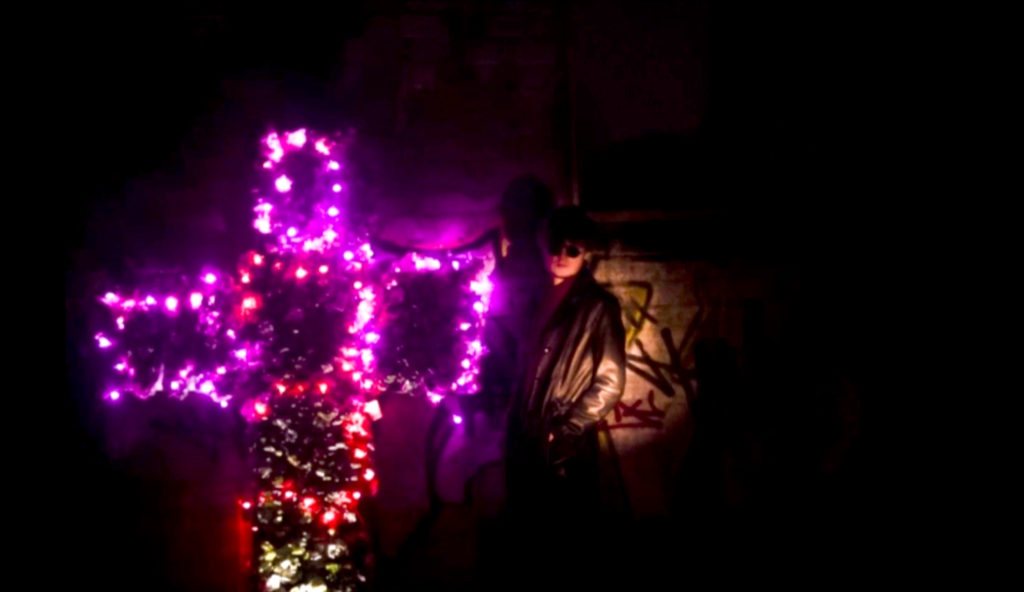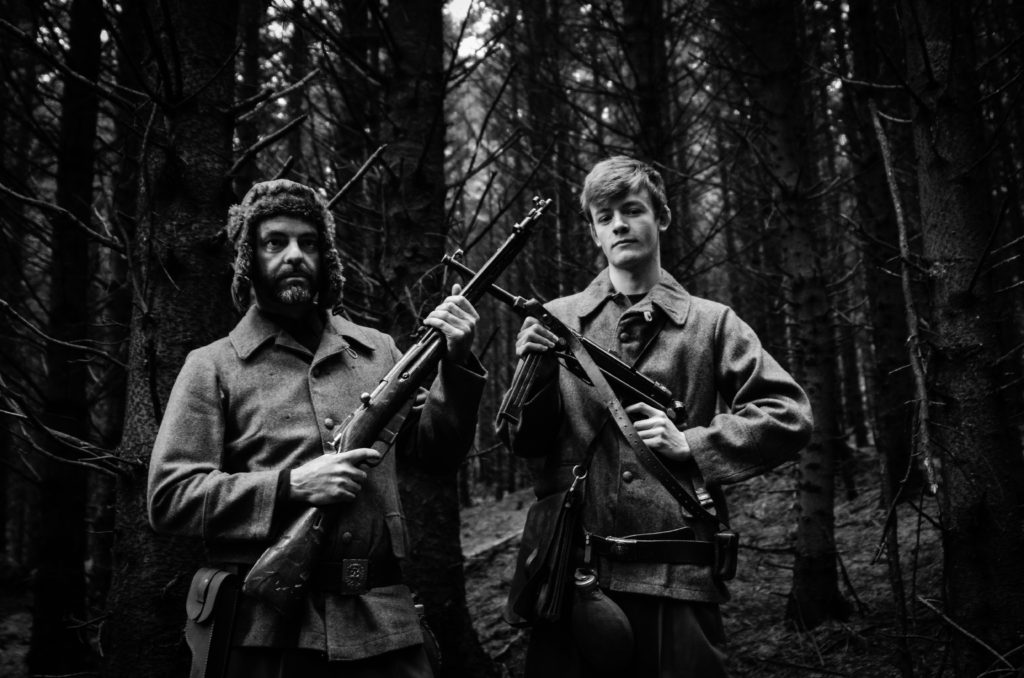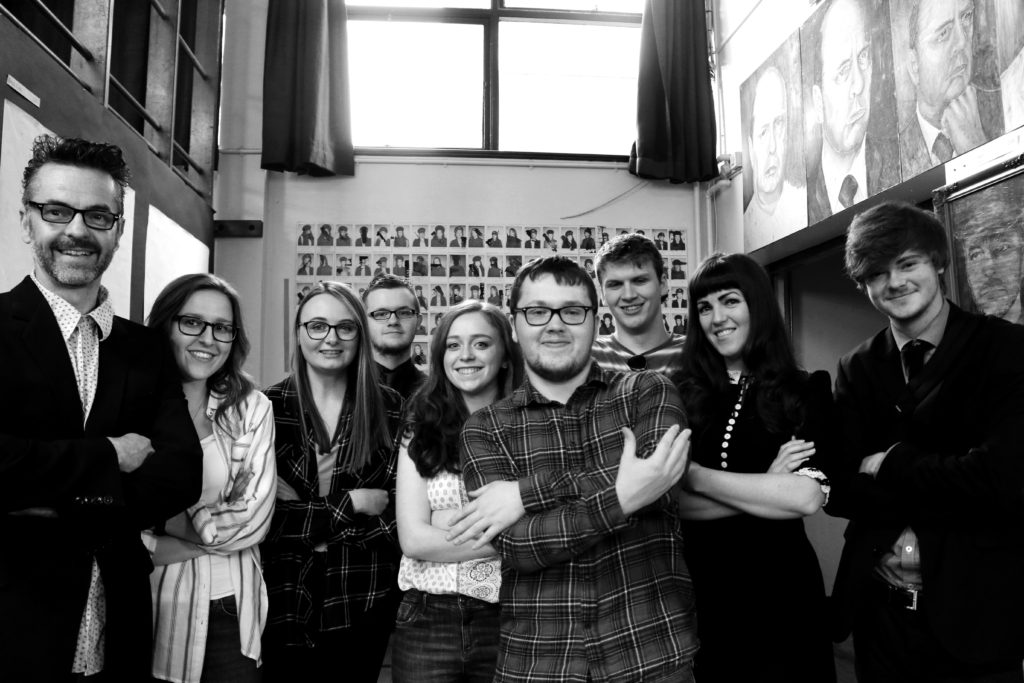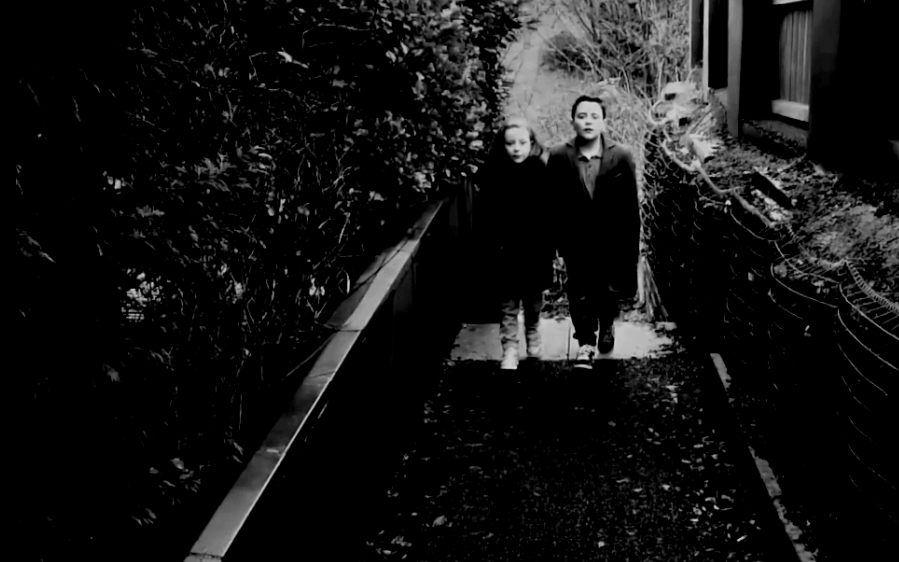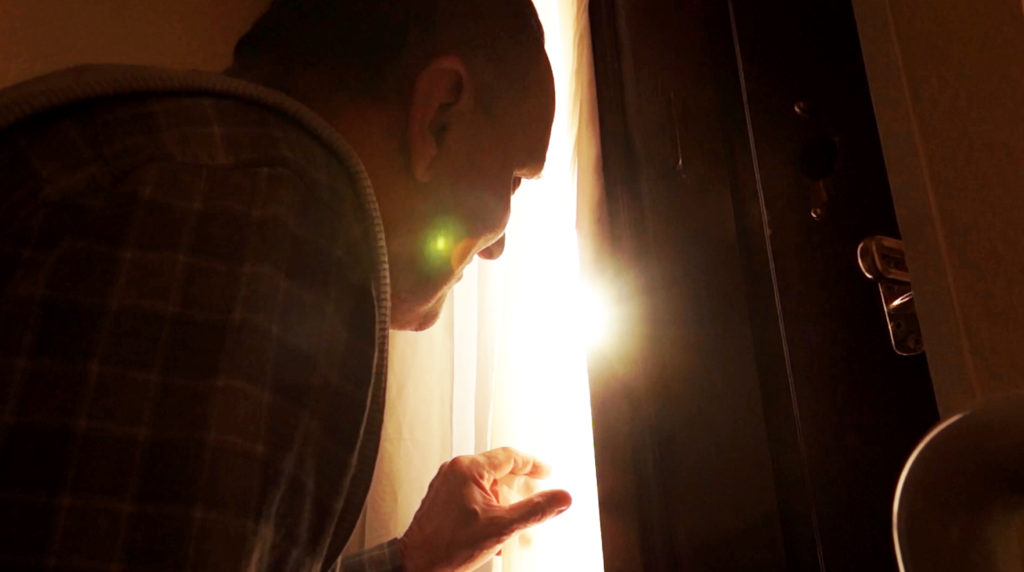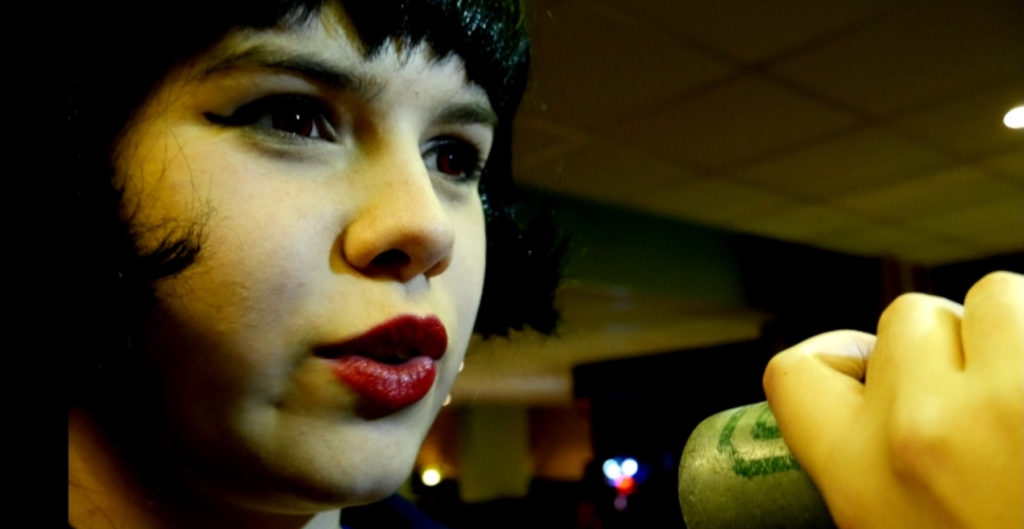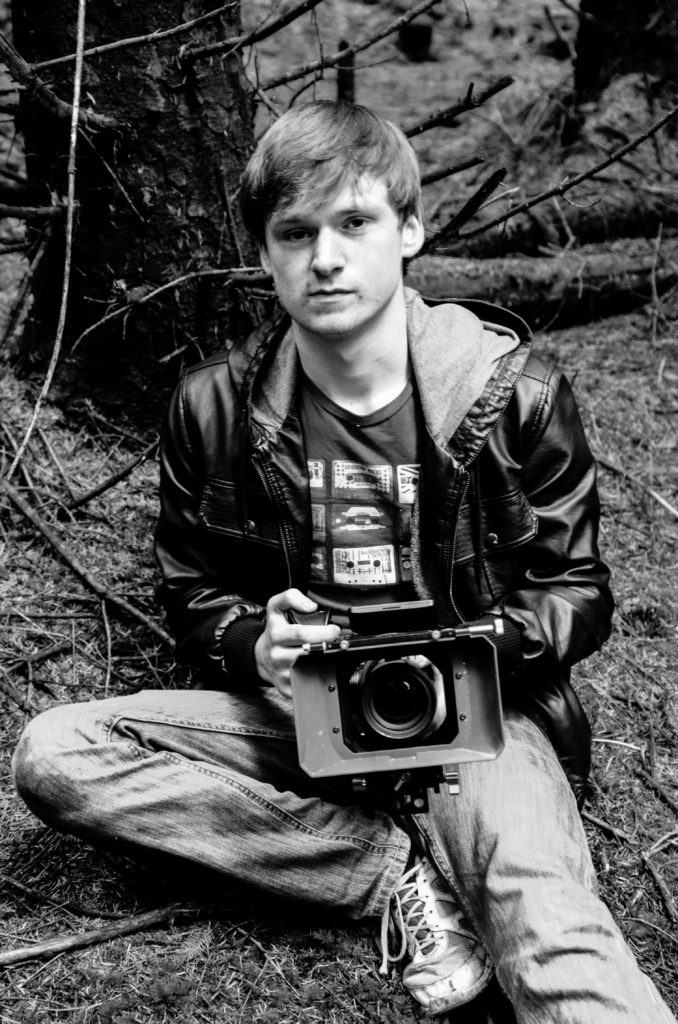MIA A-Level
Moving Image Arts is the study of films and film making through the process of making short films. Through hands-on experience, students develop the creative and practical skills needed to make moving image products. Students gain an understanding of the separate art forms that combine to create the cinematic experience: photography, cinematography, editing, art direction, sound design and animation. They also study the language and history of film and animation, through the work of a range of directors, artists and movements.
This practical, exciting A level course is designed primarily for students who are creative and self-motivated.
Modules
The AS course comprises of 2 modules:
AS/1 is the practical side of the course where students produce 1 x 3-4 min film (final piece) – production research to accompany the films will be part of the assessment. Students will embark on filmmaking from September and learn to use digital cameras and digital editing packages. This module accounts for 60% of the AS course, therefore candidates will need to enjoy researching art and film in order to create their own films.
AS/2 is the 1½hr online exam where students will analyse film clips.
Classroom teaching will prepare students thoroughly for the exam with students analysing the styles of film directors and film movements. This accounts for 40% of the A level.
The A2 course comprises of 2 modules:
A2/1 is the film-making element to the A2 course. In the second year of the A level students produce 1 x 4-7 min film alongside an advanced portfolio. They will build upon the filming techniques they have learned at AS and produce more creative and experimental pieces for A2.
A2/2 is the 2¼ hr online exam where students will answer questions based on clips from set study areas and an unseen script.
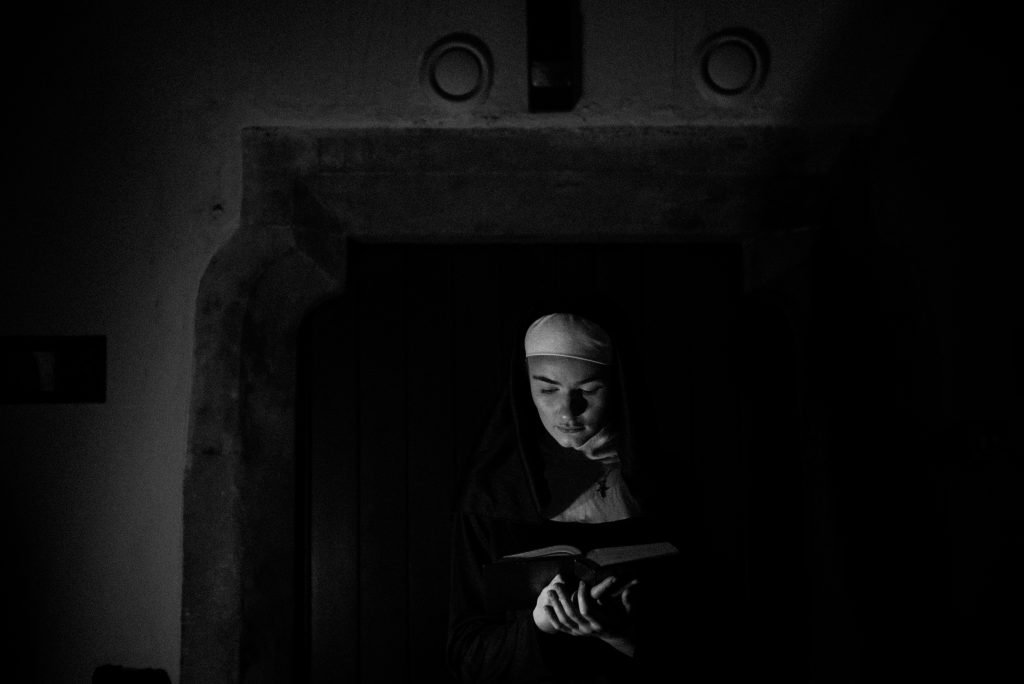

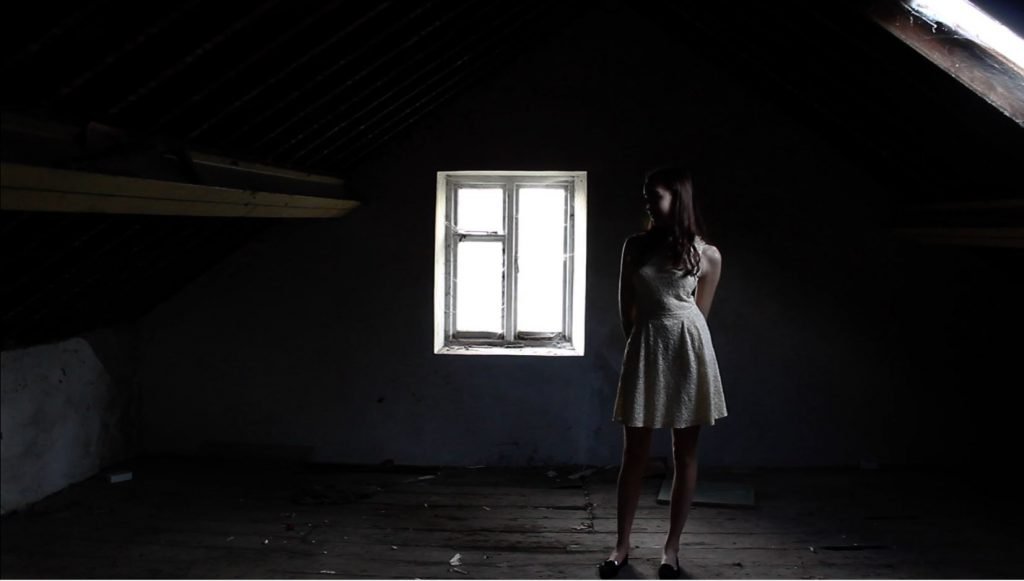

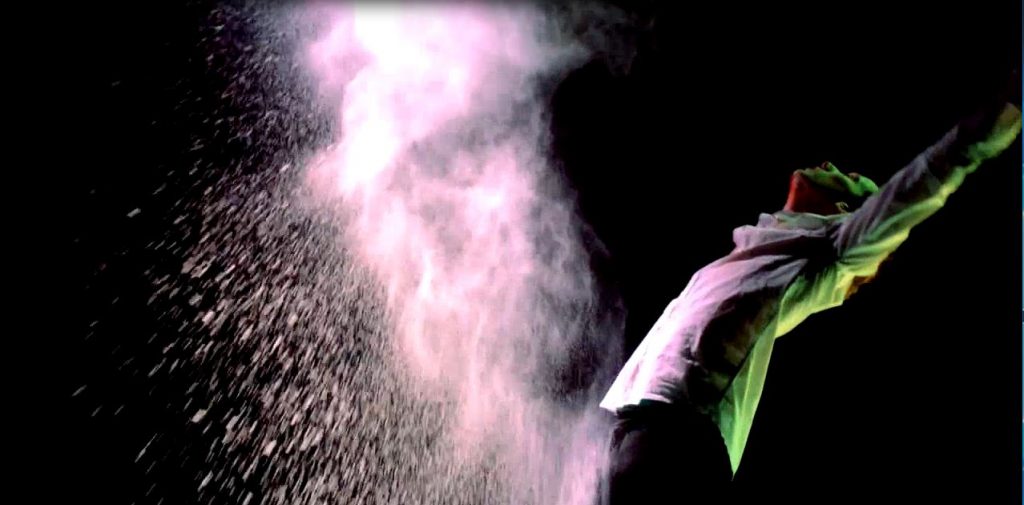


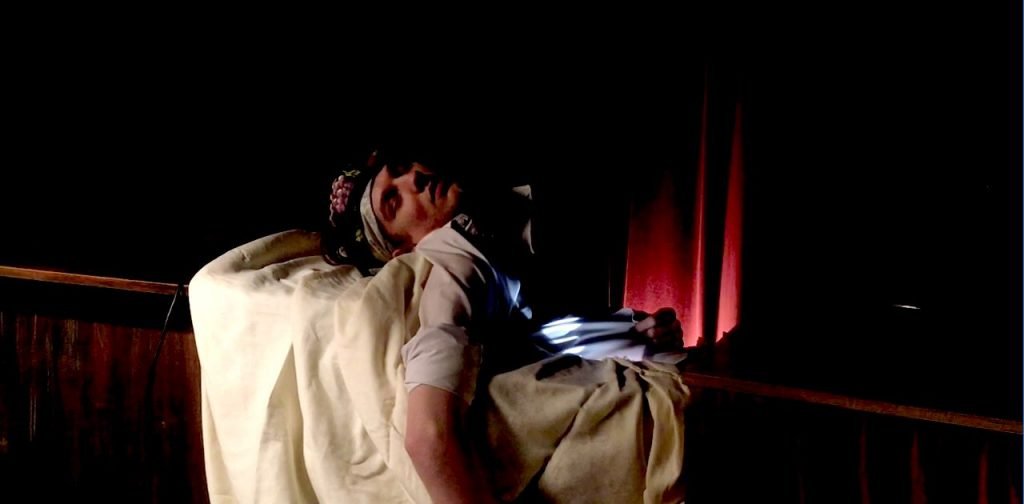
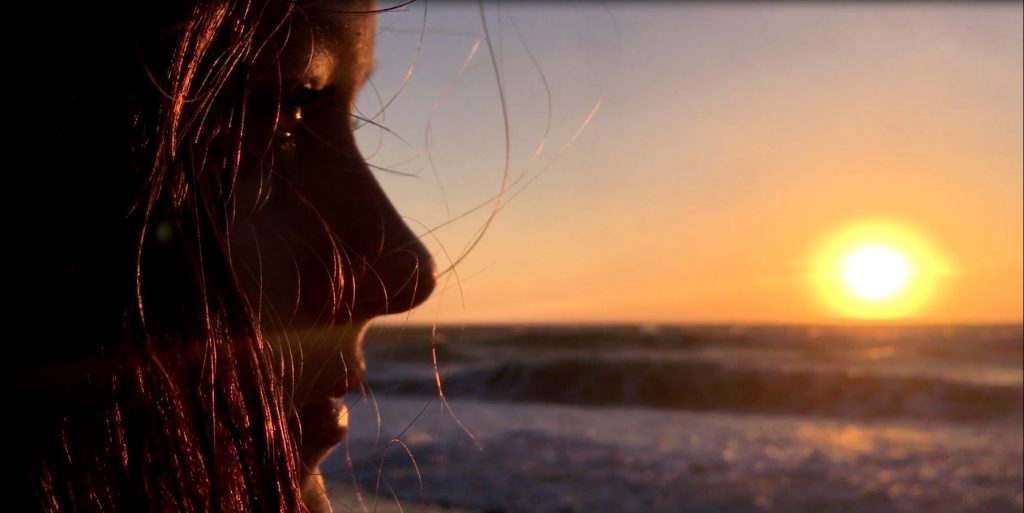
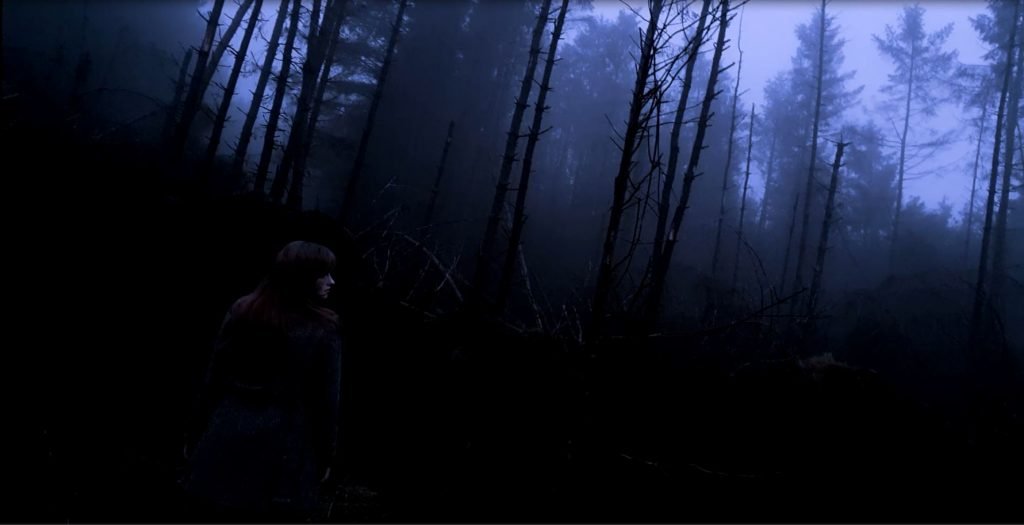
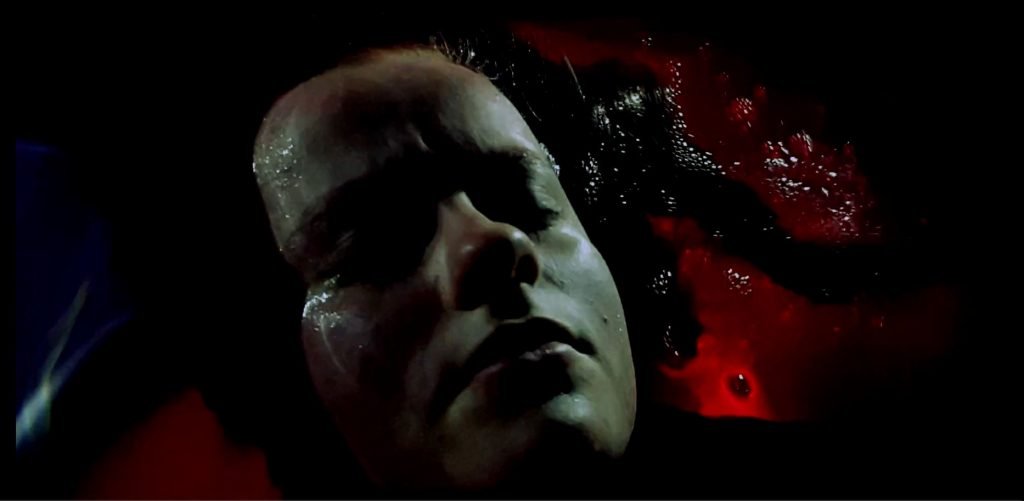
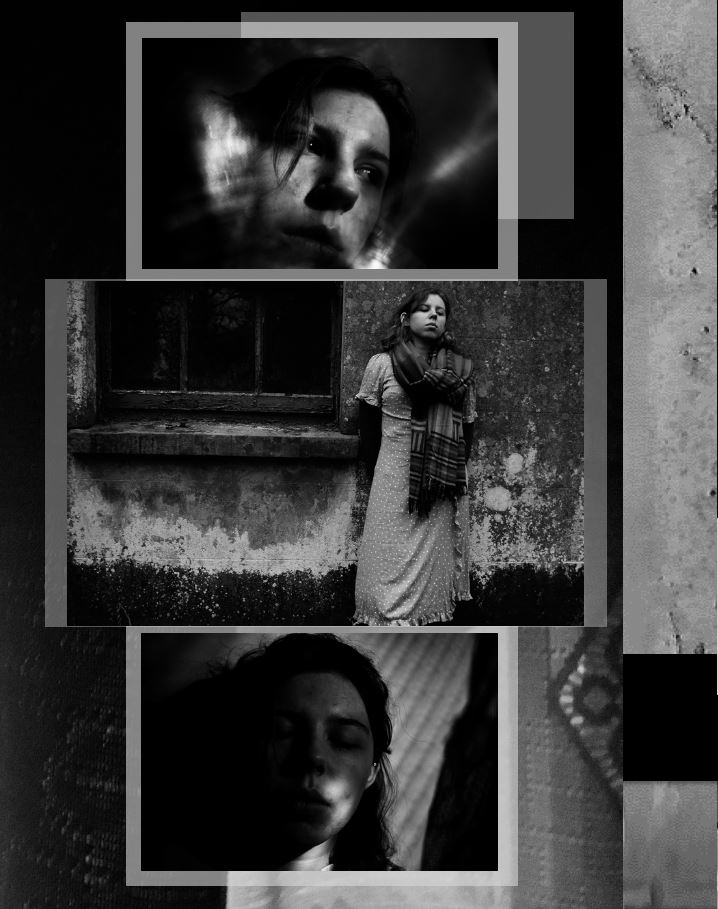

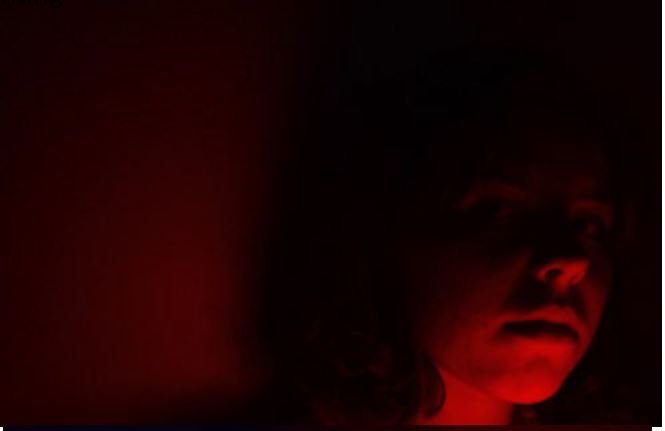

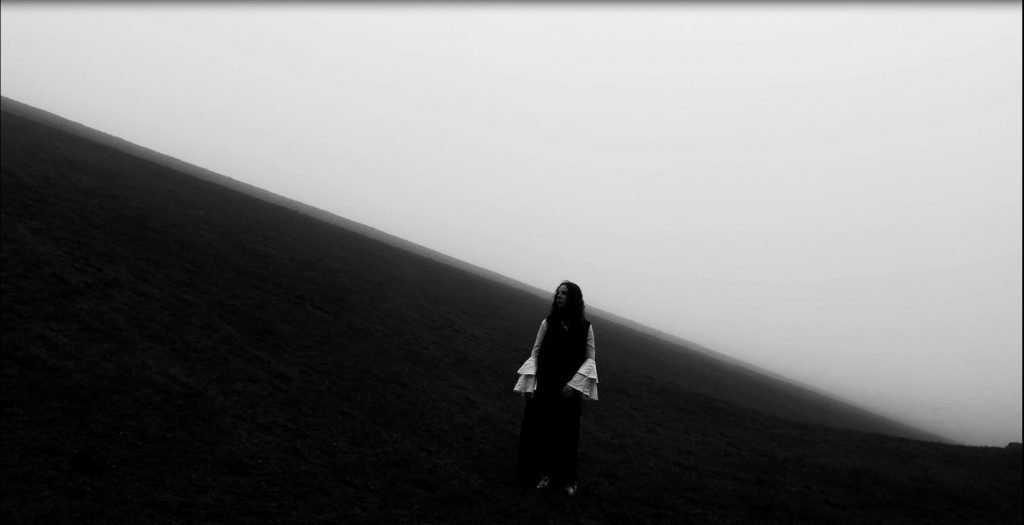
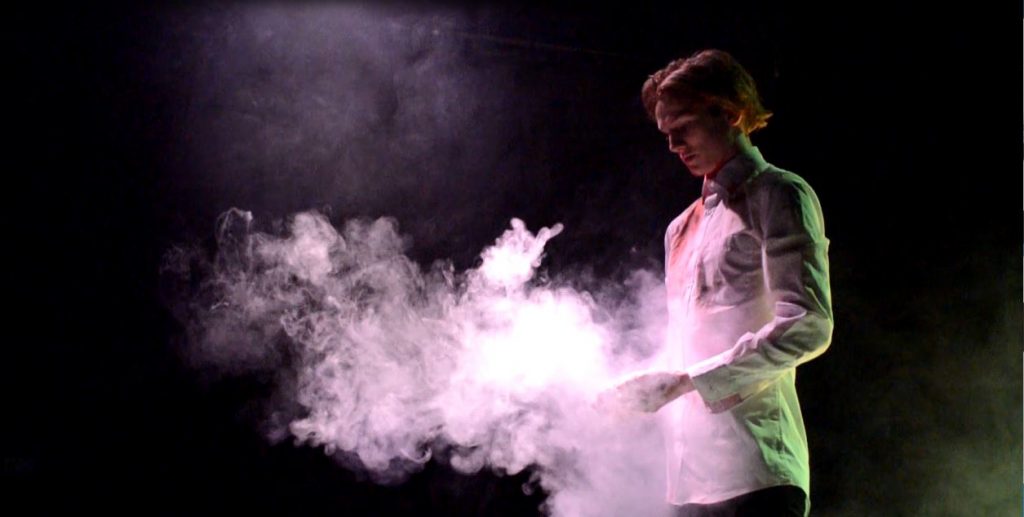
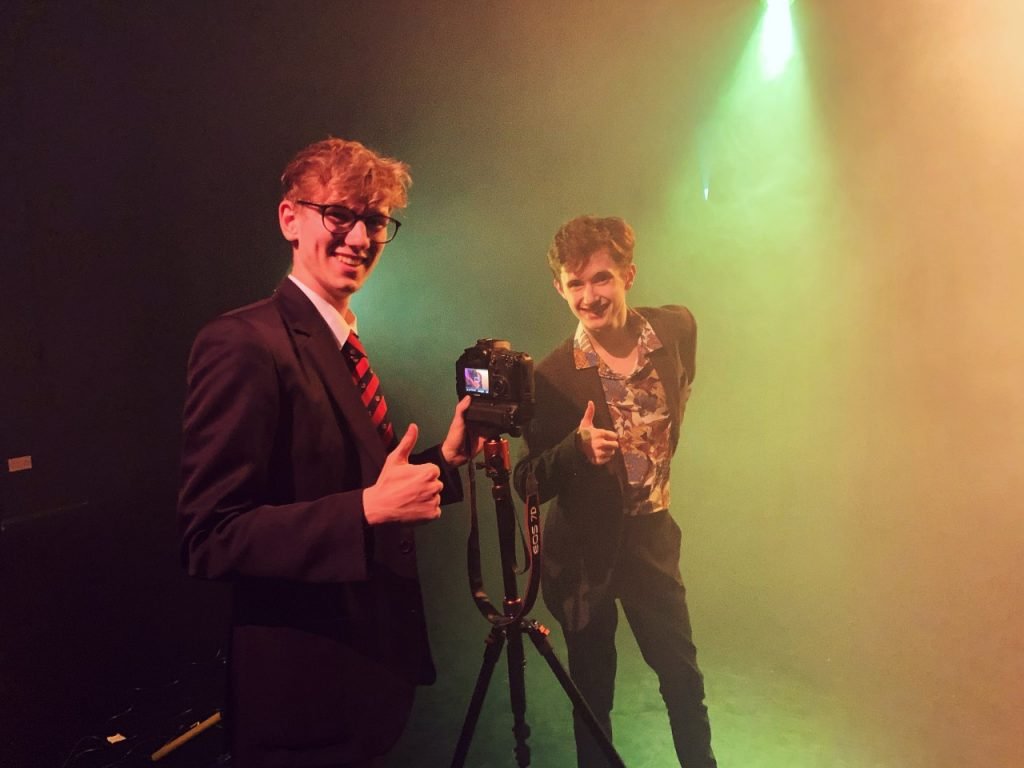

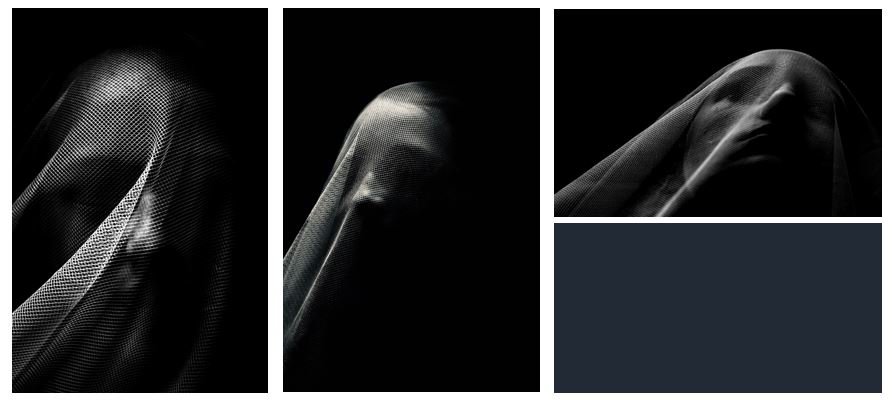
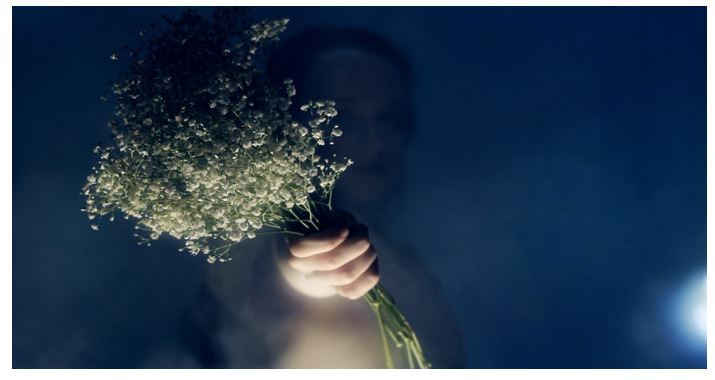
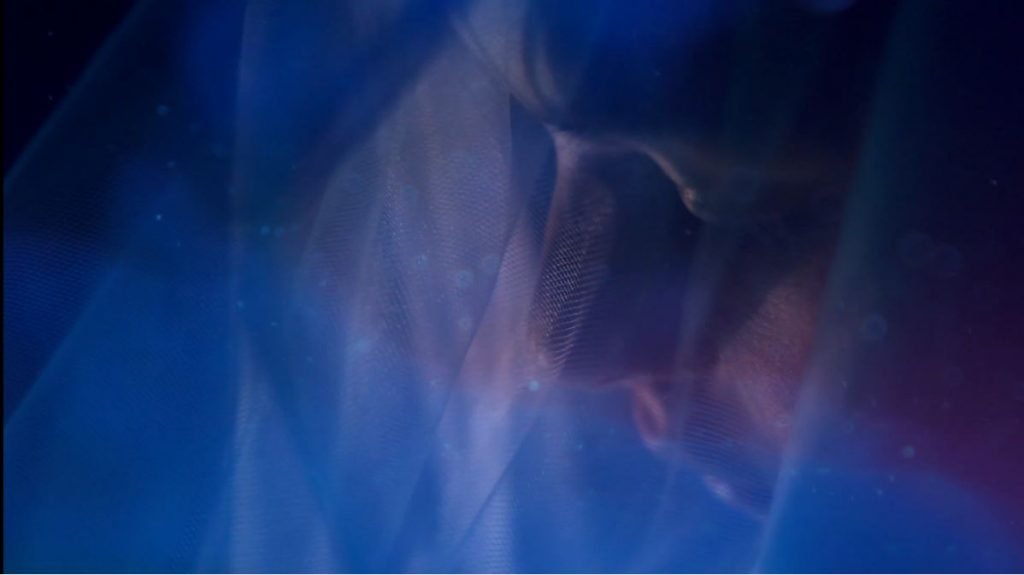
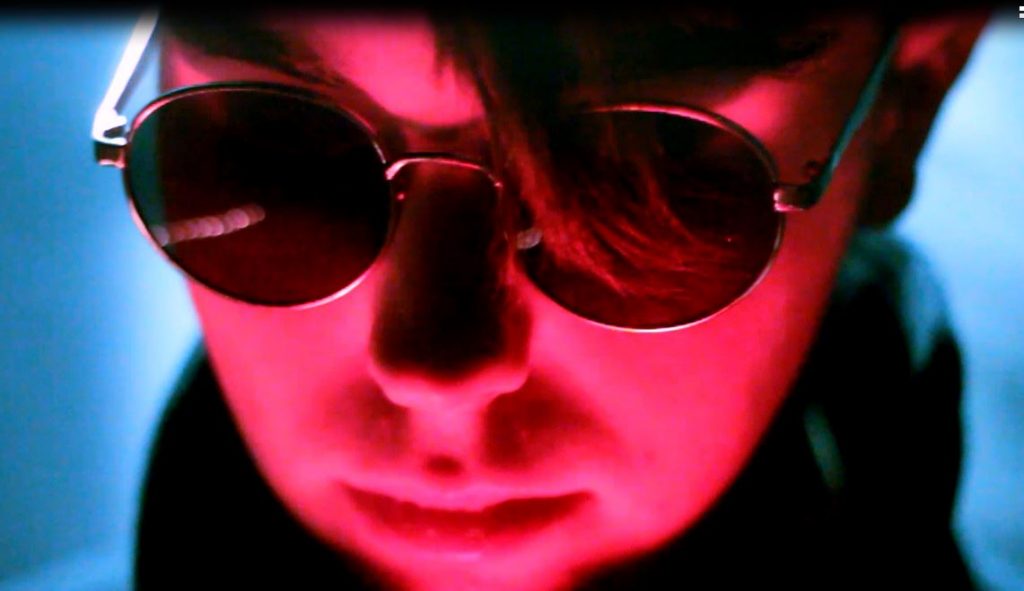


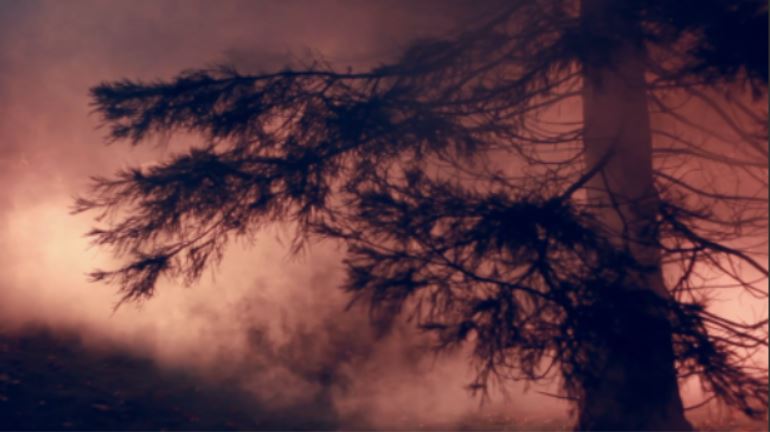
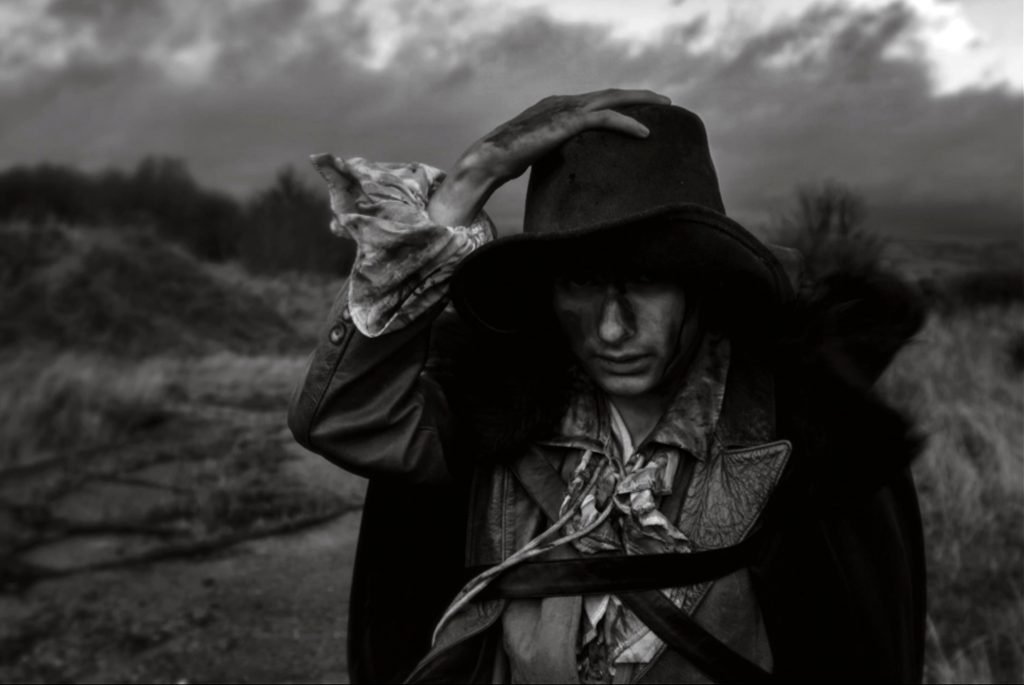
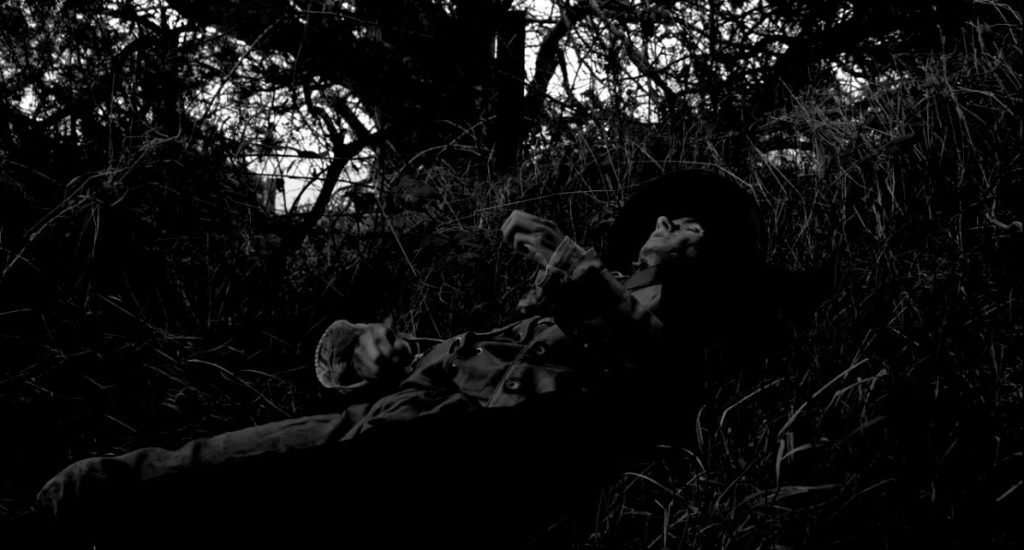
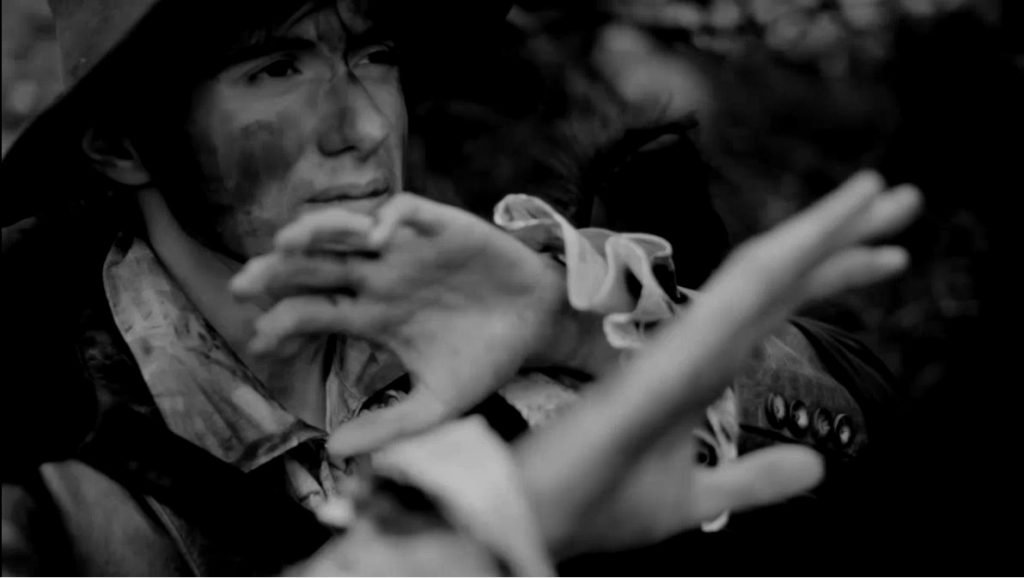
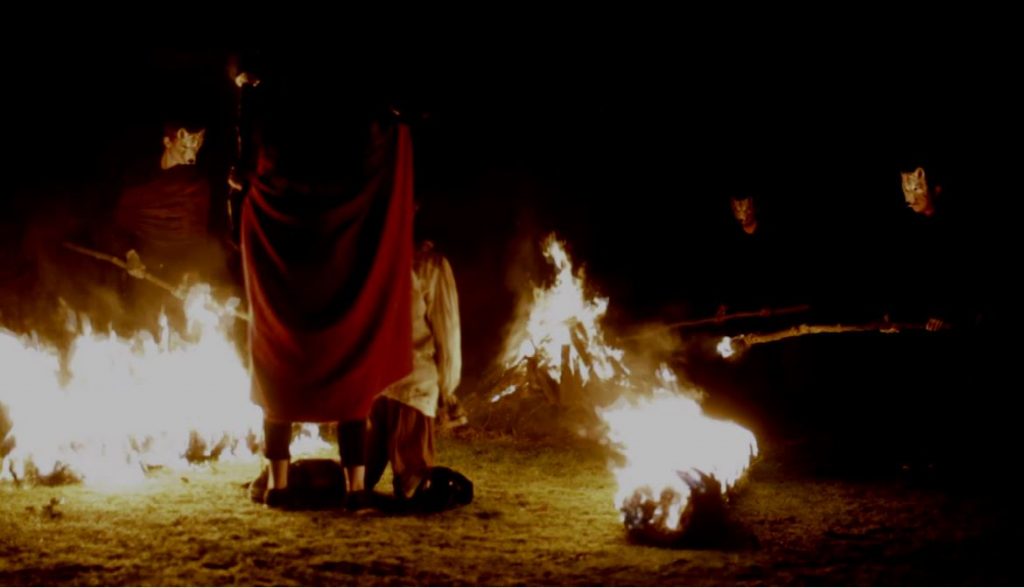
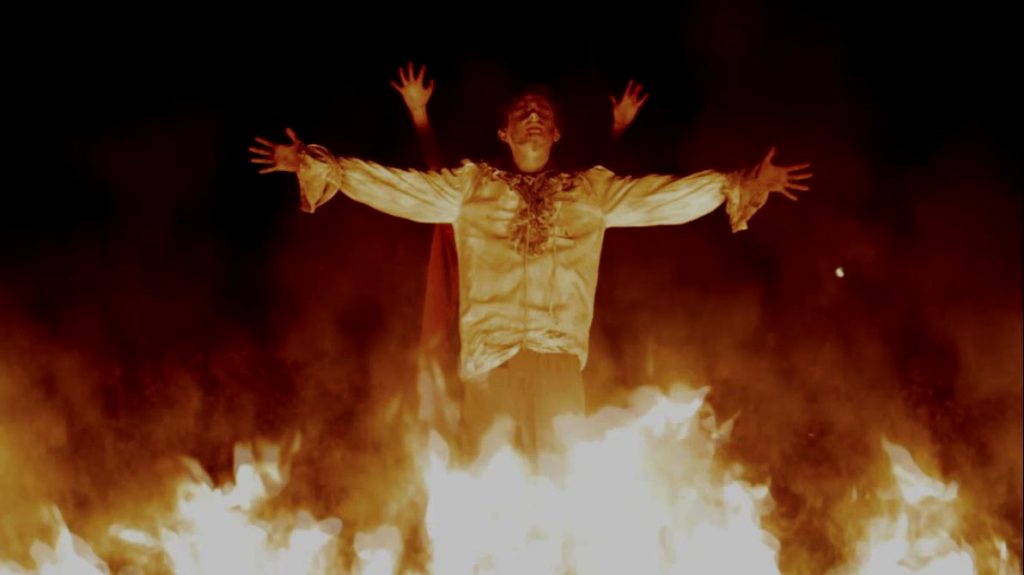
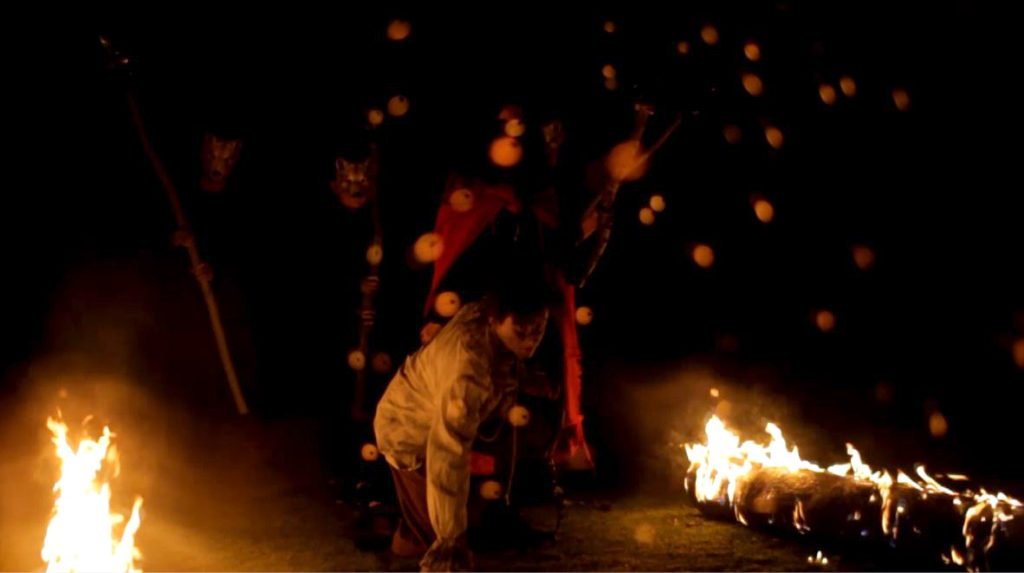
Facilities & Resources
The computer suite will provide state of the art filming and editing equipment. Students will shoot on digital cameras and edit on Sony Vegas and Final Cut Express 4. Classroom teaching will utilise interactive whiteboards, film clips and group exercises. Your work could be entered for competitions, so be ready! We have won at Cinemagic in 2010 and 2015, as well as nominations in 2013 and 2014.
Teaching Methods
Classroom teaching will involve learning film theory, film language and film production. Practical learning will take place through the continual creation of short films and tasks; therefore students will be planning and creating films and images frequently throughout the year.
Assessment Methods
Students will be closely monitored throughout the course; they will be shown past pupils’ work and past papers in preparation for the June exam. Unit AS/1 and A2/1 will be internally assessed and externally verified, AS/2 and A2/2 will be externally assessed.
